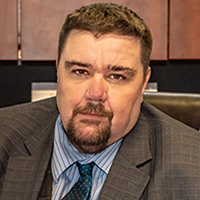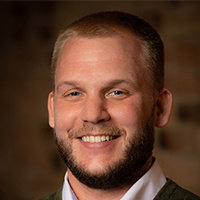Ronald Trusts Lawyer, Washington
Not enough matches for Ronald Trusts lawyer.
Below are all Ronald Estate lawyers.
James Doyle Kirkham
✓ VERIFIEDCriminal, Traffic, Domestic Violence & Neglect, Estate
James Doyle Kirkham Jr. earned a B.A. in Political Science and a B.S. in Public Policy from Central Washington University, graduating in the year 2000... (more)
Tony L Swartz
✓ VERIFIEDCriminal, Business, Landlord-Tenant, Wills & Probate, Power of Attorney
Tony Swartz is an Ellensburg, WA attorney who primarily focuses on criminal defense and traffic cases. In his spare time, he plays trumpet in Ellensbu... (more)
Gerald Andrew Sprute
Wills, Estate Planning, Guardianships & Conservatorships, Elder Law
Status: In Good Standing Licensed: 21 Years
Darrel R Ellis
Real Estate, Wills & Probate, Trusts, Elder Law
Status: In Good Standing Licensed: 52 Years
Susan K. Harrel
Government, Trusts, Estate, Personal Injury
Status: In Good Standing Licensed: 40 Years
Sean Paul O'Neill
Land Use & Zoning, Election & Political, Estate Planning, Corporate
Status: In Good Standing Licensed: 33 Years
David Harold Andrew Browitt
Elder Law, Family Law, Estate Planning, Business & Trade
Status: Deceased Licensed: 35 Years
Glenn Bishop
Estate Planning, Family Law, Civil Rights, Collection, Estate
Status: In Good Standing Licensed: 15 Years



